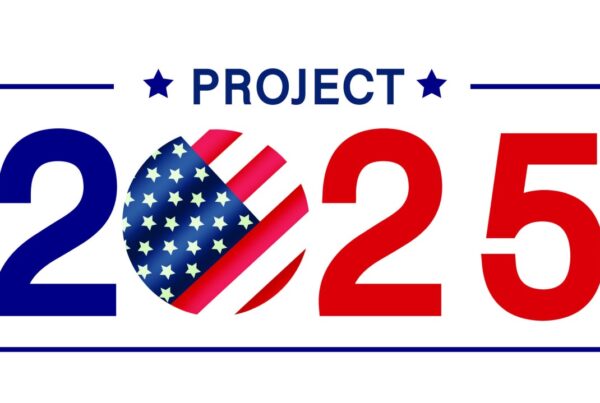January may have only been 31 days, but it felt like a year. February is shaping up to be equally as tough.
The political attack on diversity, equity, and inclusion has tested many of us – our resolve, our patience, and our last nerve. But, through these trials, I have had the opportunity to work with individuals who are owning and confronting their complicity in perpetuating the state of affairs.
To challenge the status quo in fundraising and philanthropy, the future of fundraising must be anti-racist.
Fundraisers, university foundations, and non-profit and for-profit organizations are recognizing that our fundraising strategies are supporting the inequities we are trying to dismantle. These fundraising strategies, which are embedded in our practice, uphold white saviorism and racial indifference, and they silence the difficult but necessary conversations about how wealth is built on colonization, slavery, economic-based segregation, and calculated anti-racial movements towards Black and Brown humanity.
In Dr. Ibram X. Kendi’s book, How to Be an Antiracist, Kendi distinguishes two racist ideas: assimilationist and segregationist. Assimilationist ideas are rooted in the racist belief that certain racial groups are culturally or behaviorally inferior, but that improvements can be made to fit racial and cultural standards deemed by some to be “ideal”: “People of color can be developed.” The assimilationist racist idea is that the racial group is temporarily inferior. This leads to racist policies geared toward developing, civilizing, and integrating a racial group. [1]
Segregationist ideas are rooted in the racial belief in genetic distinction between races and a fixed hierarchy: “People of color cannot be developed.” The segregationist racial idea is that a racial group is permanently inferior. This leads to racist policies geared toward segregating, enslaving, incarcerating, deporting, and killing. [1]
The Philanthropic Lens
Historically, both philanthropy and the fundraising sector have adopted assimilationist ideas that have led to overlooking the unique assets and strengths within socially, culturally, and economically diverse communities. The assimilationist ideas in philanthropy and fundraising reinforce power imbalances and perpetuate the “saviorism” approach to giving.
Inclusive philanthropy counteracts assimilationist ideas, leveraging an asset-focused framework. By emphasizing collaboration and empowering communities to play an active and necessary role in the design and implementation of philanthropic initiatives that will mobilize their community assets, we create sustainable solutions and promote a more equitable and just philanthropic landscape.
A prime example is the W.K. Kellogg Foundation’s Truth, Racial Health & Transformation (TRHT) initiative, a comprehensive, multi-year national and community-based process to bring about transformational and sustainable change. Through TRHT, partners address the historic and contemporary effects of racism in their communities and institutions. Through TRHT, participants build relationships, trust, and collective power at the community and institutional level. These relationships lay the groundwork for powerful systemic change, as community partners re-envision and reshape their institutions, policies, and practices. [2]
As research continues to demonstrate the benefits of inclusive approaches, it is essential that institutions and organizations embrace the paradigm shift of anti-racism in fundraising and philanthropy.
If you and your institution are interested in learning more about this paradigm shift, the Inclusive Philanthropy Institute, in collaboration with Marts&Lundy, invites you to join us for our webinar series beginning May 1, “An Anti-Racist Journey in Fundraising: Advancing Racial Equity and Inclusive Philanthropy.”
This comprehensive series is designed to empower universities, university foundations, organizations and change-makers with the knowledge, tools, and strategies needed to champion anti-racist practices in their fundraising efforts. Ideal participants are fundraising professionals and teams, philanthropists and donors, nonprofit leaders and staff, and social impact leaders.
Participants will explore the historical context and systemic issues that contribute to racial inequities in philanthropy and fundraising; gain an understanding of the intersections of race and class (segregationist, assimilationist, and anti-racial movements) and the nuanced dynamics of these intersections, shedding light on how inclusive philanthropic approaches counteract assimilationist ideas. We will discuss research studies and explore data tools and resources to inform philanthropy in diverse communities. Participants will also learn how to measure the impact of fundraising initiatives through a lens of racial equity.
Early bird registration opens February 26. If you would like more information about the webinar series, email maia@inclusivephilanthropy.org.





